The President of CBS: Cutting the intake by between 5% and 10% is neither an amusing nor easy task
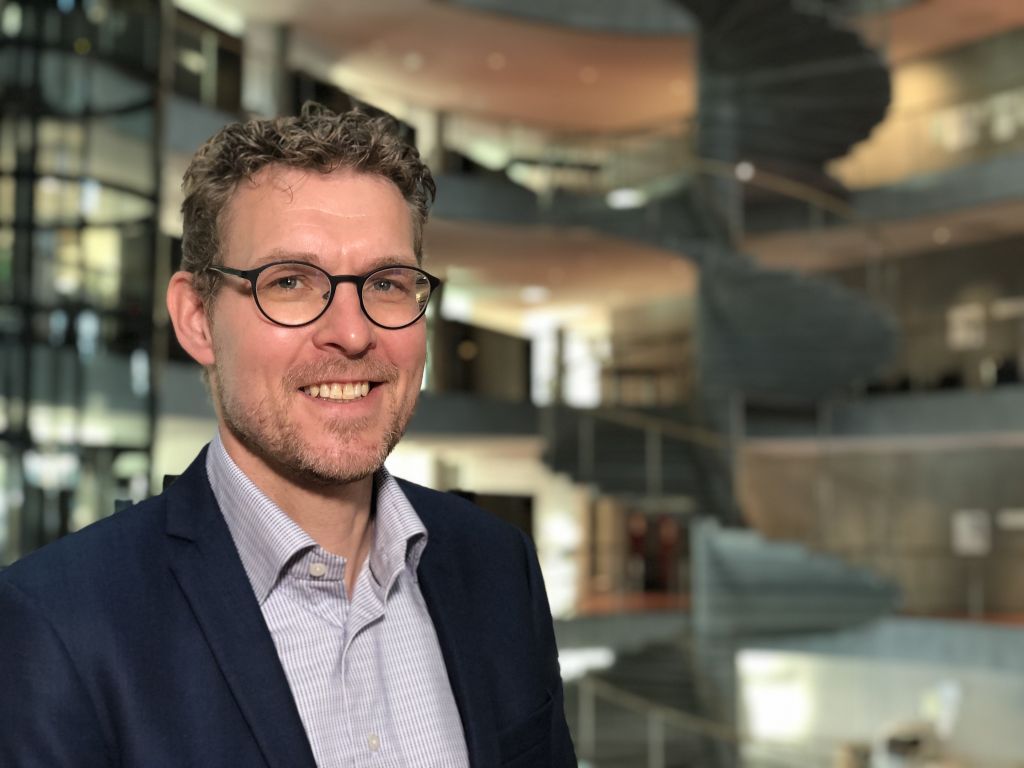
Nikolaj Malchow-Møller compares the coming process of reducing the intake and developing something new with pruning and grafting a tree. (Photo: Anne M. Lykkegaard & Mette Koors)
Nikolaj Malchow-Møller sees pitfalls and possibilities in the government’s agreement on more and better educations in Denmark. Already, CBS is in dialogue with Business Academy Zealand and Roskilde University about solutions, but he is also concerned about the risk of creating A and B teams among students. And then there is good news about the international students.
In the time ahead, the Danish universities in the four biggest cities will be busy planning how to reduce or move out between 5% and 10% of the intake to be reached in 2030. That is clear after the government presented its framework for ‘More and better educational opportunities in all of Denmark’ in agreement with a majority of the political parties on June 25.
“There is a clear issue here. Too many young people don’t get a higher education outside the biggest cities, and as one of the eight universities, we have a responsibility to help solve this issue. Although you might think that the reduction in intake at Frederiksberg of between 5% and 10% is less than ideal, we must adopt a constructive approach,” says Nikolaj Malchow-Møller, the President of CBS, during a Teams interview.
The political parties voting for the agreement want the institutions of higher educations to draw up 2030 sector plans with goals for either relocating or reducing study places in the overall intake by up to 10%. The goal is to be realized by 2030.
“I would hope that we get closer to 5% than 10%,” says Nikolaj Malchow-Møller about the sector plan.
More specifically, CBS is looking into several scenarios for how to address the government’s demand, explains Nikolaj Malchow-Møller.
CBS is in dialogue with Business Academy Zealand and Roskilde University about various solutions. One could be to establish educational branches through which CBS can offer programs and courses.
“We could offer flexible programs by having courses partly here in Frederiksberg, but also locally in the region and combine them with online teaching. The main point here is that we don’t have to move out departments, faculty and employees for this,” he says.
We want to graft on something that is already there, and then something new can grow from that
Nikolaj Malchow-Møller
Moreover, Nikolaj Malchow-Møller thinks CBS can help strengthen existing programs at other institutions by offering courses and extra-curricular activities and in general by knowledge sharing.
“By doing so, we can help make the regional study environments more attractive and encourage more students to apply,” he says and continues:
“In general, we want to build more bridges in the educational sector. If you have a degree from a business academy, that should not necessarily be your final destination. So how can we build a bridge that offers life-long learning? We need all types of ideas to make that happen,” he says.
A and B teams
Since the presentation, the initiative and framework agreement have been met with criticism.
For example, the President of CBS Students, Mads Taudal Nyeng, told CBS WIRE that he feared that relocating study places would “do more harm than good” and could negatively affect recruitment of teachers and researchers and thereby the quality of education.
Nikolaj Malchow-Møller also has concerns about the effects of the government’s plans.
“It’s going to be tough to cut between 5% and 10% of the intake here in Copenhagen. That’s neither an amusing nor easy task,” he says and continues:
“And then I’m worried that we will risk creating A and B teams, where the A teams are the ones that get in here in Frederiksberg, and B are the rest. This is something we need to be very attentive to, so that it does not happen. Right now, I don’t have an answer to how we avoid that scenario, but it worries me. We have sky-high grade point averages already, and by reducing the intake, I foresee that it could become even harder and more exclusive to get in here in Frederiksberg. However, it is positive that we have a reasonably long period of time to phase this in, so we are being given time to make a proper plan.”
Before CBS can give its input regarding a sector plan, it is important to consider the portfolio of programs to see what steps make sense for CBS to take, explains Nikolaj Malchow-Møller.
Therefore, Gregor Halff, the Dean of Education, will talk to the program directors about ideas on how to reach the reduction required and what may make sense to offer in other regions of Zealand.
“We are not going to base a program in Faxe if the program has no relevance for Faxe. We have to work out solutions in close collaboration with other educational institutions and the local business community for this to make sense,” he says.
All in all, Nikolaj Malchow-Møller compares the coming process of reducing the intake and developing something new with pruning and grafting a tree.
“We won’t be sowing something completely new, like building a new campus in Nakskov. Rather, we want to graft on something that is already there, and then something new can grow from that,” he says.
CBS avoids reduction in international intake
Alongside the announcement of the framework agreement, the government also sent out an agreement on how to reduce the number of international study places as a means of curbing SU expenses, which are expected to reach DKK 576 million by 2025.
The new agreement focuses on cutting back international study places at the business academies and professional bachelor programs. Therefore, the new agreement will not directly affect CBS.
“This is good news for us, but for the other institutions, the agreement means it will be almost impossible to have international programs. It is extremely important to have an international environment both for our research and if we are to prepare our students for an international labor market with global challenges,” says Nikolaj Malchow-Møller.
He says that CBS will continue its efforts to increase the employment rate among international students and encourage them to stay in Denmark after graduation.
“I often talk to businesses who employ international students about what stands in the way of hiring more, and whether they would consider offering student jobs or internships. That’s a recurring point on my agenda to mention this when I talk to businesses,” he says and continues:
“It’s important that when international students get here, they become a part of the Danish labor market. Maybe we could build more mixed residence halls with Danish and international students to strengthen the connection to Denmark and Copenhagen. It is key to include international students in both academic and social communities.”



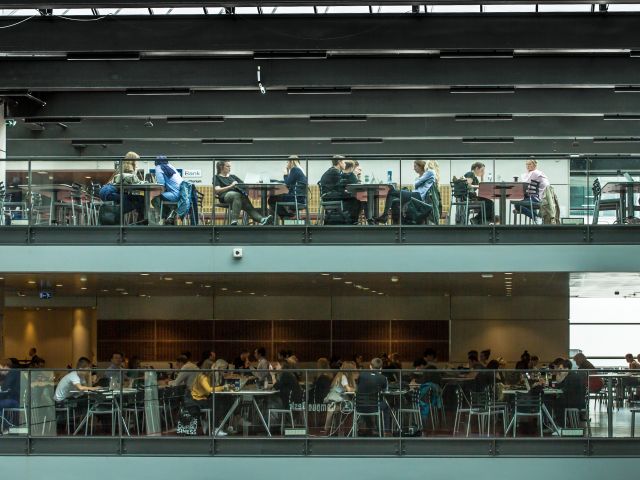
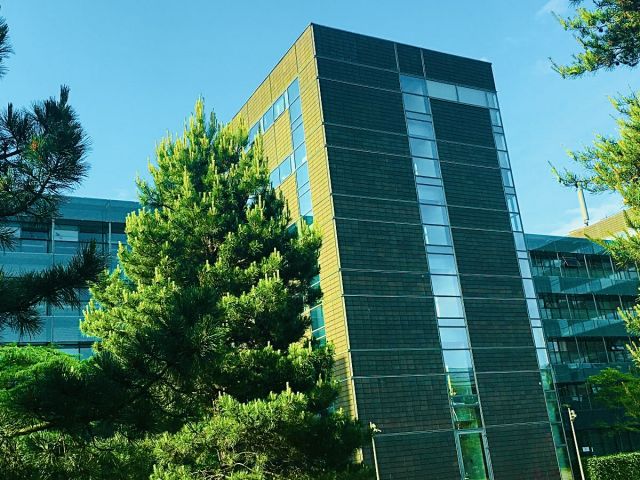
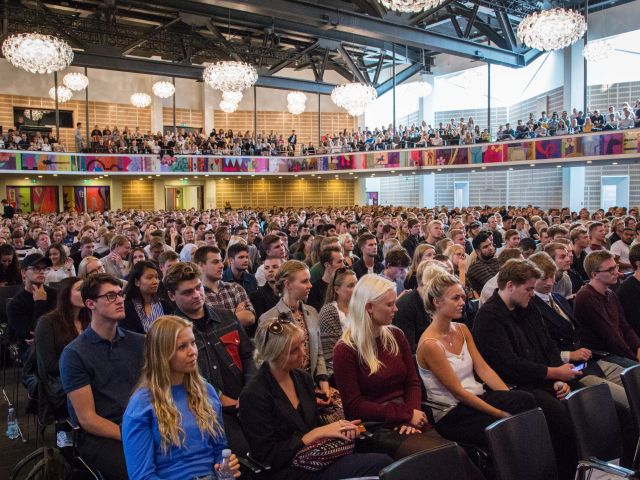
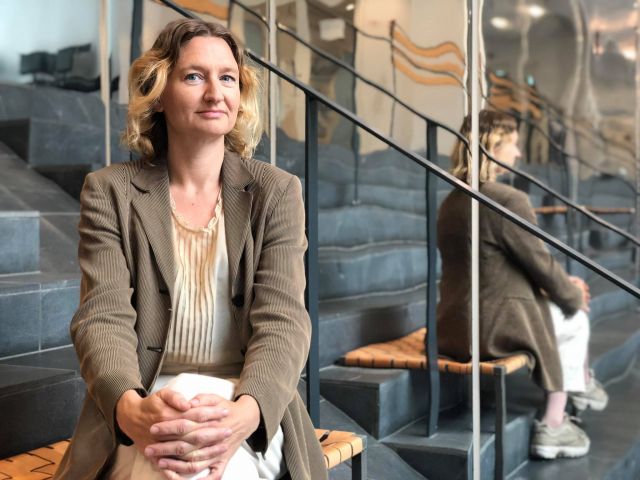
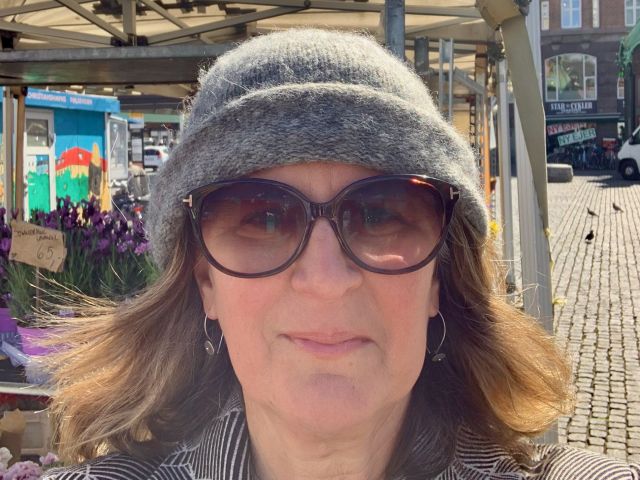
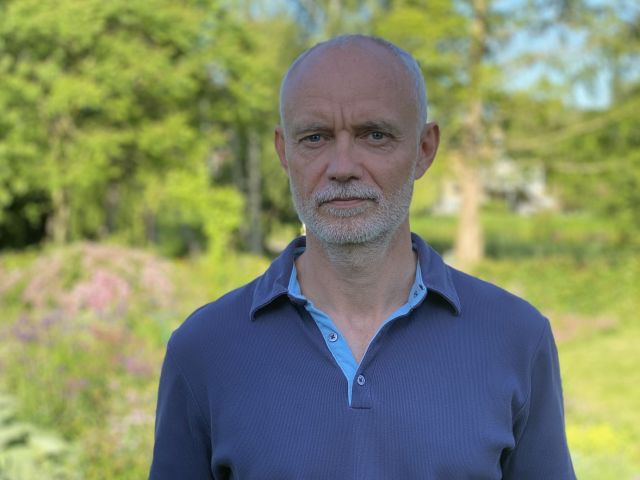
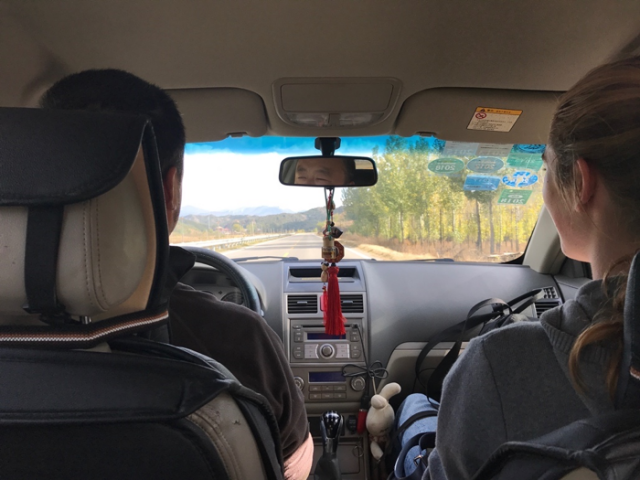





























































































































Comments